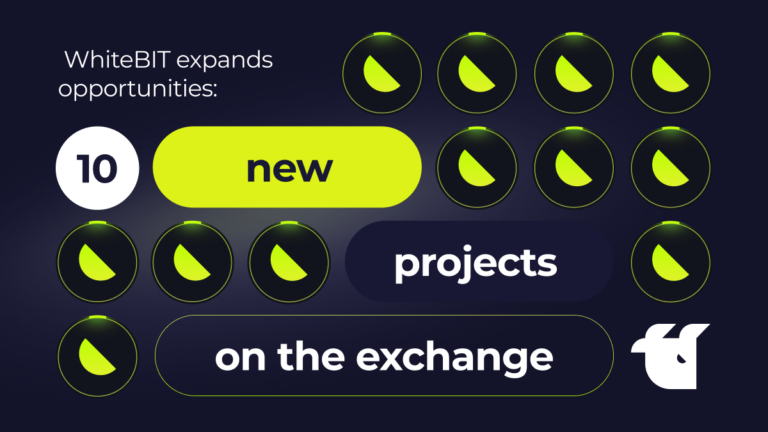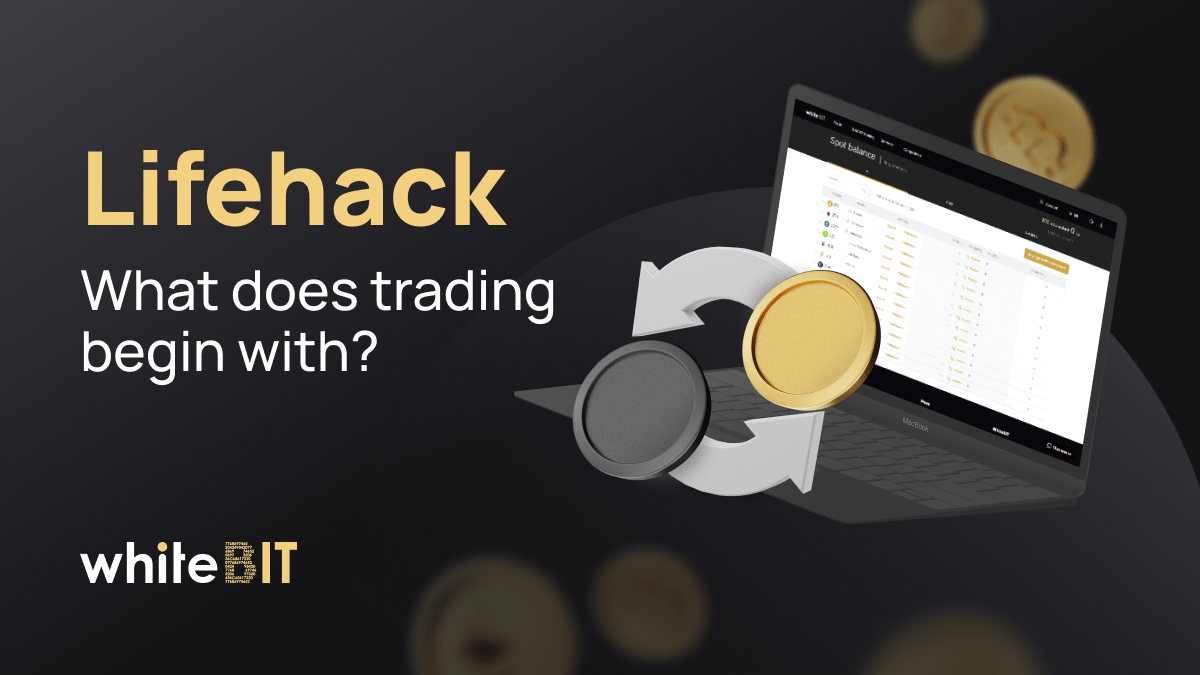What Is a Crypto Liquidity Provider And How Do They Work?

Content
In the ever-evolving world of crypto, the role of a cryptocurrency liquidity provider has gained increasing significance. Crypto markets, such as Bitcoin, Ethereum, and a plethora of altcoins, have grown exponentially over the past decade. As these markets mature, the need for liquidity providers in the crypto space has become more pronounced. But first, what or who is a liquidity provider? Let’s find out.
What is a Cryptocurrency Liquidity Provider?
A crypto liquidity provider is an entity, often a company, that plays a pivotal role in facilitating trading within the cryptocurrency market. These providers serve as a bridge, connecting buyers and sellers by ensuring there is enough liquidity available for the smooth execution of trades. They act as the financial backbone of crypto exchanges, maintaining a healthy market ecosystem.
What Does a Liquidity Provider Do?
So, what are liquidity providers in crypto? Their primary responsibility is to offer a pool of assets for trading, which market participants can readily buy or sell. This pool, known as a liquidity pool, ensures that traders can execute their orders without encountering significant price slippage. Price slippage occurs when the market lacks sufficient liquidity, causing prices to fluctuate dramatically as large trades are executed.
Liquidity providers for cryptocurrency exchange contribute to the market by providing a constant bid-ask spread, which is the difference between the buying (bid) and selling (ask) prices of an asset. This spread creates a stable and predictable trading environment for market participants. Market makers, a subset of liquidity providers, are instrumental in maintaining this spread. They continuously update their buy and sell orders, ensuring a consistent supply of assets.
In addition to maintaining liquidity pools and market making, crypto liquidity providers may offer other services, including trading APIs, risk management tools, and algorithmic trading strategies. These services enhance the overall efficiency and effectiveness of the cryptocurrency market.
The Importance of Crypto Liquidity Providers
Benefits
The importance of crypto liquidity providers cannot be overstated. They play a pivotal role in ensuring the proper functioning of the crypto market, which benefits traders, investors, and even the market itself.
- Price Stability: Liquidity providers help stabilize cryptocurrency prices by narrowing the bid-ask spread. This, in turn, reduces price slippage and fosters market confidence;
- Market Efficiency: By ensuring the availability of assets for trading, liquidity providers enhance market efficiency. This results in quicker order execution and reduced waiting times for traders;
- Market Access: Liquidity providers also enable market access for a wide range of participants, including retail investors and institutional traders. This inclusivity fosters a robust trading ecosystem;
- Risk Mitigation: Cryptocurrency markets are notoriously volatile. These services help mitigate risk by providing liquidity and reducing the impact of sudden market fluctuations.
Downsides
While there are numerous advantages that a liquidity provider in crypto gives to the market, it’s essential to be aware of the potential downsides and challenges.
- Market Risk: Crypto markets are highly speculative and prone to sharp price swings. Liquidity providers may be exposed to market risk, especially if they fail to adapt to changing market conditions;
- Capital Requirement: To effectively provide liquidity, significant capital is required. This capital is used to maintain the liquidity pool and cover potential losses during volatile market conditions;
- Regulatory Challenges: The regulatory environment for cryptocurrencies varies widely from one jurisdiction to another. Liquidity providers need to navigate these complex regulatory landscapes, which can be challenging and time-consuming.
How to Choose a Liquidity Provider in 2023?
Selecting the right crypto exchange liquidity provider in 2023 is crucial for traders, investors, and exchanges alike. When making this decision, consider the following key factors:
Pricing
Pricing is a fundamental aspect when choosing an institutional liquidity provider. Evaluate the fees charged by the provider and determine whether they align with your trading strategy. Be sure to examine the cost structure, including spreads, commissions, and other hidden charges.
Regulation and Compliance
Regulatory compliance is a top priority in the cryptocurrency space. Ensure that the chosen liquidity provider adheres to the regulatory requirements in your jurisdiction. A provider that operates within the legal framework instills confidence and reduces risks.
Financial Strength
A robust balance sheet and financial stability are essential for a liquidity provider. Assess the provider’s financial strength and their ability to cover potential losses. This is especially critical in the volatile world of cryptocurrencies.
Reputation
Reputation is a valuable indicator of a liquidity provider’s reliability. Research the provider’s track record, client reviews, and overall industry reputation.
Technology and Infrastructure
Examine the provider’s technological capabilities, including their execution speed, order routing, and uptime. A reliable and fast infrastructure is vital for ensuring seamless trade execution.
Customer Support
Customer support is often underestimated but can be crucial in times of need. Ensure that the liquidity provider offers responsive and effective customer support. This can save you from potential issues and downtime.
Diverse Asset Coverage
Consider the range of assets available for trading. A diverse selection of cryptocurrencies and tokens can broaden your trading options and strategies.
Transparency
Transparency in operations and pricing is a hallmark of a trustworthy liquidity provider. Seek one that gives clear and accessible information about their services and pricing structure.
Risk Management
Liquidity providers that offer risk management tools and strategies can be particularly beneficial. These tools help traders mitigate potential losses in volatile markets.
Compatibility with Your Trading Strategy
Ultimately, the liquidity provider you choose should align with your trading strategy and objectives. Make sure the provider’s services meet your specific needs and goals.
WhiteBIT as a Liquidity Provider
One prominent crypto liquidity provider in 2023 is WhiteBIT crypto exchange, the digital asset exchange with peak trading volume of $2.5 billion. Strongly focusing on transparency, compliance, and technological excellence, WhiteBIT has gained recognition as a reliable provider in the crypto space. The platform offers a wide range of cryptocurrencies for trading, competitive pricing, and robust infrastructure. WhiteBIT is also known for its strong customer support and risk management tools, making it a compelling choice for both retail and institutional traders.
The Bottom Line
Crypto liquidity providers play a pivotal role in the cryptocurrency market, ensuring that traders have access to assets and can execute orders efficiently. Their services promote price stability and market efficiency while mitigating risk. When choosing a liquidity provider in 2023, carefully evaluate factors like pricing, regulatory compliance, financial strength, reputation, technology, customer support, and more. WhiteBIT stands as a notable option, offering a comprehensive set of services for traders.
As the cryptocurrency market continues to evolve and mature, the role of liquidity providers remains crucial. They are not only the backbone of crypto exchanges but also facilitators of a dynamic and thriving crypto ecosystem.
FAQ
Liquidity providers make money through spreads, transaction fees, and optimized trading strategies.
Liquidity in cryptocurrencies refers to the ease of buying and selling assets without causing significant price fluctuations.
Liquidity is crucial in the crypto market to ensure efficient trading, price stability, and market access. They make minimal slippage, so without them, cryptocurrency prices would be even more volatile.
Crypto liquidity providers differ from traditional market makers by offering constant bid-ask spreads in cryptocurrency exchanges, maintaining a stable and predictable trading environment, and continuously placing buy and sell orders.
Risks include market volatility, regulatory challenges, competition, and the need for significant capital.
Yes, individuals can become crypto liquidity providers, but it often requires substantial capital and a deep understanding of the market.
- Crypto Asset Management for Institutional Investors: Emergence of Institutional Crypto Custody Services
- What Is Anti-Money Laundering (AML)?
- How to Make a Cryptocurrency Wallet?
- How to withdraw crypto to bank account?
- How to Create a Cryptocurrency?
- What Is Launchpad In Crypto? Launching a Crypto Project to the Moon in 3, 2, 1…









